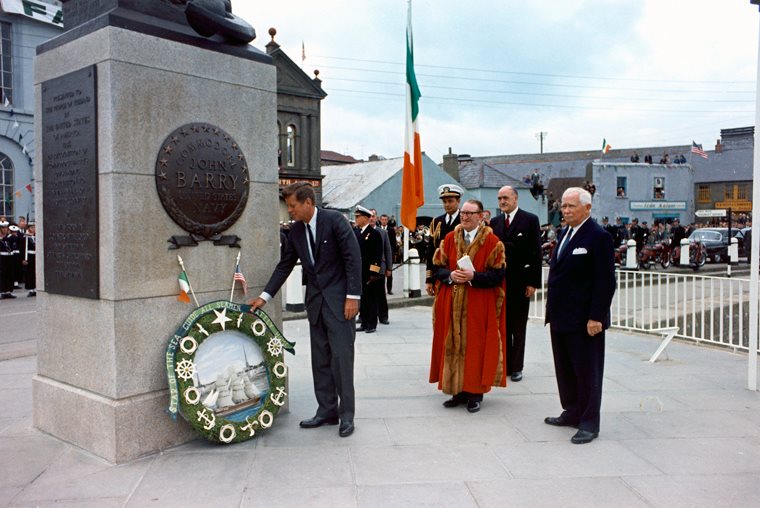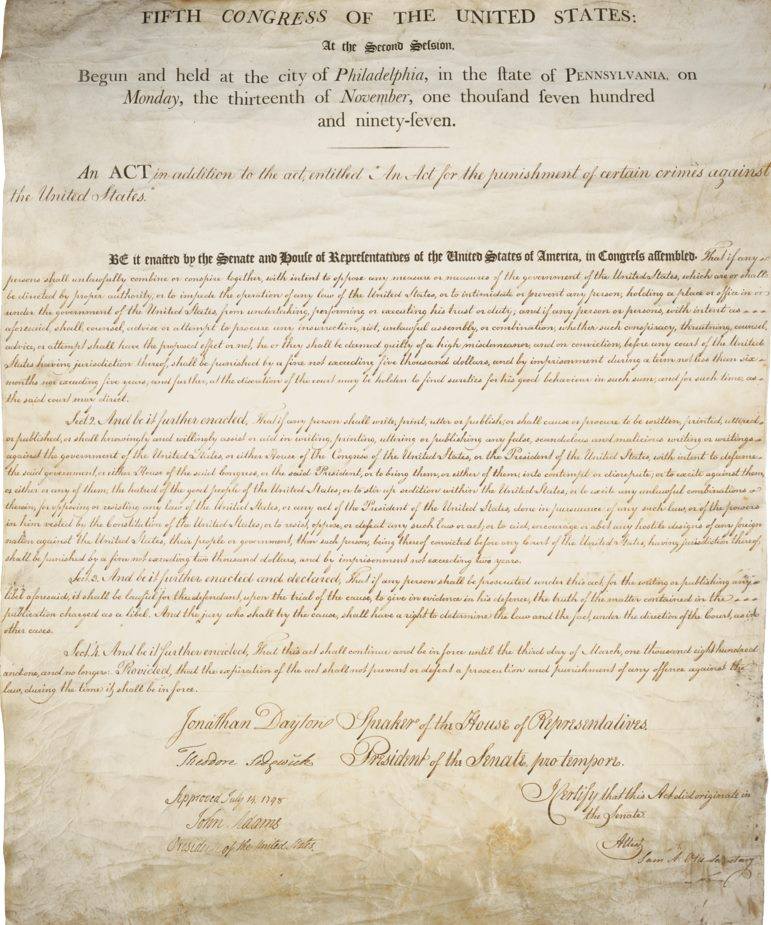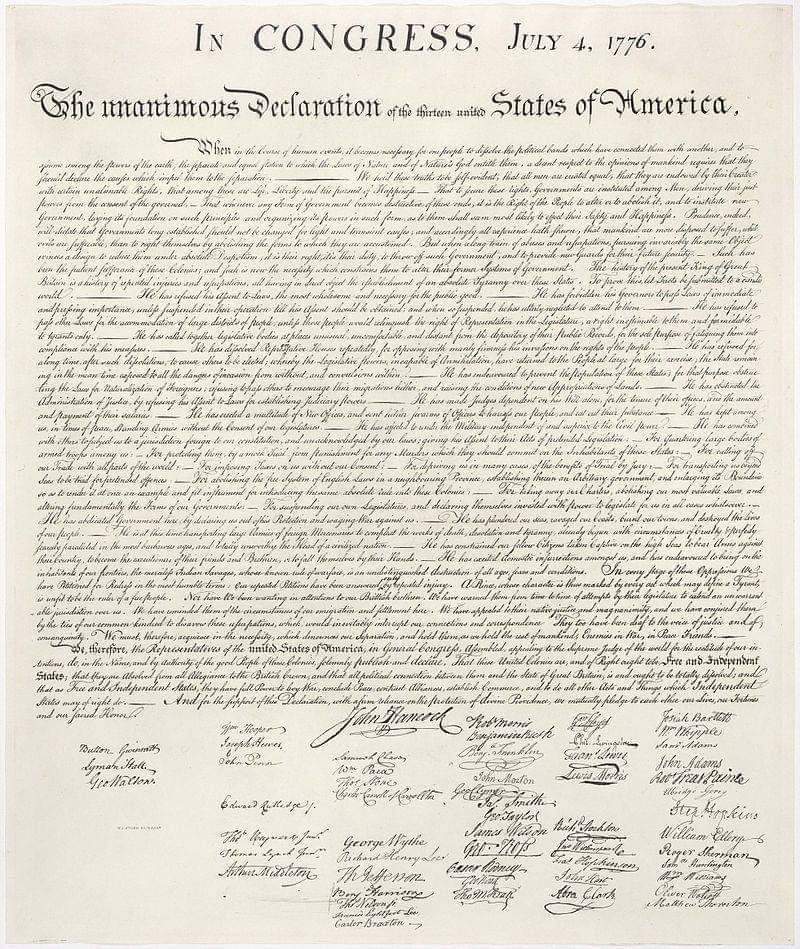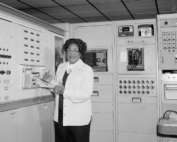Recent Posts
Christmas Kindness from Charity Helps Two Asheville Veterans
This Christmas season (2024), Two veterans from Asheville are experiencing the warmth of community support, thanks to the efforts of ABCCM and the Veterans Restoration Quarters. The assistance provided has been a beacon of hope […]
Episode 03: WTK Liberty Players and ‘The Britfield & The Lost Crown’ Radio Show | C. S. Lewis
Experience the captivating ‘Britfield and the Lost Crown’ radio show, presented by We The Kids Liberty Players. Explore themes of family, courage, and history in an engaging storytelling adventure featuring guest appearances by historical figures […]
Episode 02: WTK Liberty Players and ‘The Britfield & The Lost Crown’ Radio Show | Charles Dickens
Experience the captivating ‘Britfield and the Lost Crown’ radio show, presented by We The Kids Liberty Players. Explore themes of family, courage, and history in an engaging storytelling adventure featuring guest appearances by historical figures […]
Episode 01: WTK Liberty Players and ‘The Britfield & The Lost Crown’ Radio Show | Jane Austen
Experience the captivating ‘Britfield and the Lost Crown’ radio show, presented by We The Kids Liberty Players. Explore themes of family, courage, and history in an engaging storytelling adventure featuring guest appearances by historical figures […]
Ann M. Wolf “Blessed are the Ones” – Remembering 9/11/2001
September 11th, 2020
NASA Honored Mary W Jackson – Report by WTK Teen Mallory
NASA celebrated the agency’s first African American female engineer, Mary W. Jackson, with a ceremony to formally name the agency’s headquarters building in Washington in her honor. On February 26, 2021, a ceremony was held officially […]









